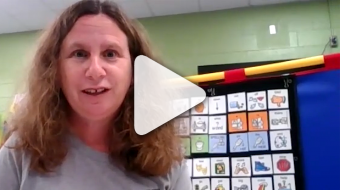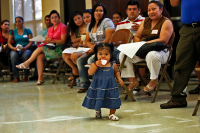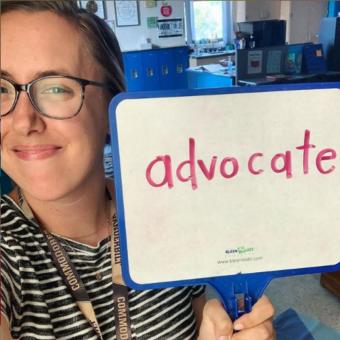Working with Families
The importance of collaborating with families to promote participation in educational decision-making has been identified as one of the key principles of the Individuals with Disabilities Act (IDEA).
IDEA provides for specific rights that enable parents to participate as equal members of the IEP team and to be involved in evaluation, placement, and special education and related service decisions.
Family–professional partnerships have been defined as a relationship in which families (not just parents) and professionals agree to build on each other’s expertise and resources, as appropriate, for the purpose of making and implementing decisions that will directly benefit students and indirectly benefit other family members and professionals. Teachers should respectfully and effectively communicate considering the background, socioeconomic status, language, culture, and priorities of the family, and ensure families are informed about their rights as well as about special education processes.
Behavior Today 39(2)

Dayna Stump

Nick Polcini

Cathy Wojcik

Travis Cooper

Department of Education Hosts Webinar on Learning Recovery for Students with Disabilities
Learning Policy Institute Releases Blog on Family Engagement in Special Education

CAP Survey Finds Variety of Communication Methods Most Effective to Strengthen the School-Home Partnership

3 Ways I Build Strong Relationships With My Students’ Families
